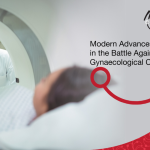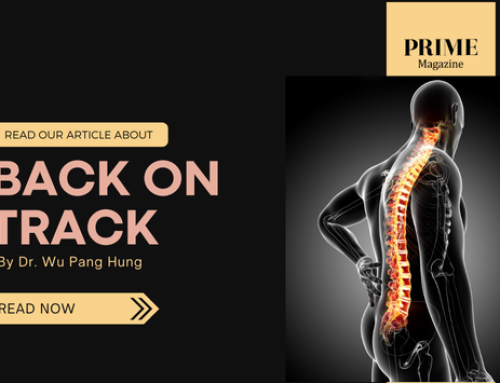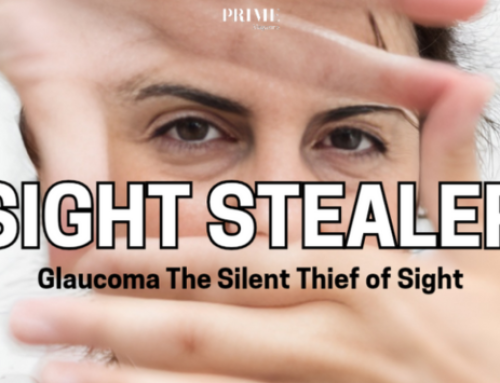The Role of Acupuncture Complementing Western Medicine for Treatment of Hearing Loss, Vertigo and Tinnitus
The ear is an organ of hearing and balance. It is made up of 3 parts: the outer, middle and inner ear. The inner ear is served by a nerve which relays information from the inner ear to the brain. It is fluid-filled and includes the cochlea which has a hearing function. In the cochlea, there are hair-cells that transform sound vibrations into electrical signals which are then transmitted along the hearing nerve to the brain, which perceives these signals as sound.
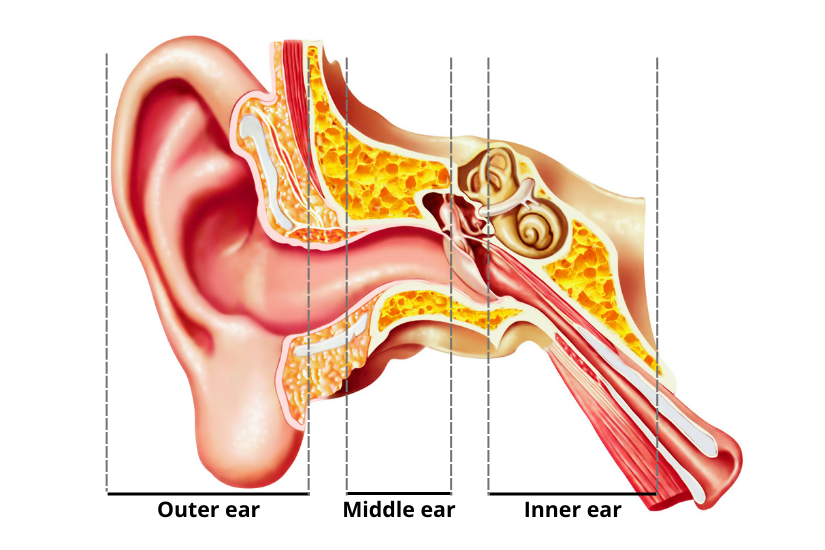
Damage to these cochlear hair-cells can result in tinnitus (often perceived as ringing or buzzing sounds) and sensorineural hearing loss. Humans are born with a fixed number of cochlear hair cells and these hair-cells cannot be replaced by the body if they are irreversibly damaged. And when they are irreversibly damaged, there will be permanent hearing loss. Besides the cochlea, the inner ear also has a vestibular part which serves a balance function. Because of this latter function, disorders of the inner ear can manifest as symptoms of vertigo (spinning attacks).
Vertigo, hearing loss and tinnitus are among the most common symptoms of inner ear disorders. In Traditional Chinese Medicine (TCM), acupuncture has been used to treat these aural symptoms for more than 2,500 years. Yet, with the advancement of Western medical practice, is there still a role for acupuncture in modern day treatment of these conditions?
The requirements of my PhD degree included a deep understanding of the basic sciences involved in ear and related disorders. From my perspective as an experienced otolaryngologist and a qualified acupuncturist, I shall now discuss the role of acupuncture in treating these ear conditions.
Acupuncture History and Concepts
Acupuncture is an important part of healthcare in Asian culture that can be traced back to more than 2,500 years ago. In the US, this practice was largely limited to Asian ethnic groups until about 40 years ago. President Richard Nixon’s visit to China in 1972 was the sentinel event which opened the doors to Chinese medical practices. Since that time, there has been a growing interest in integrating acupuncture into Western medical practice.
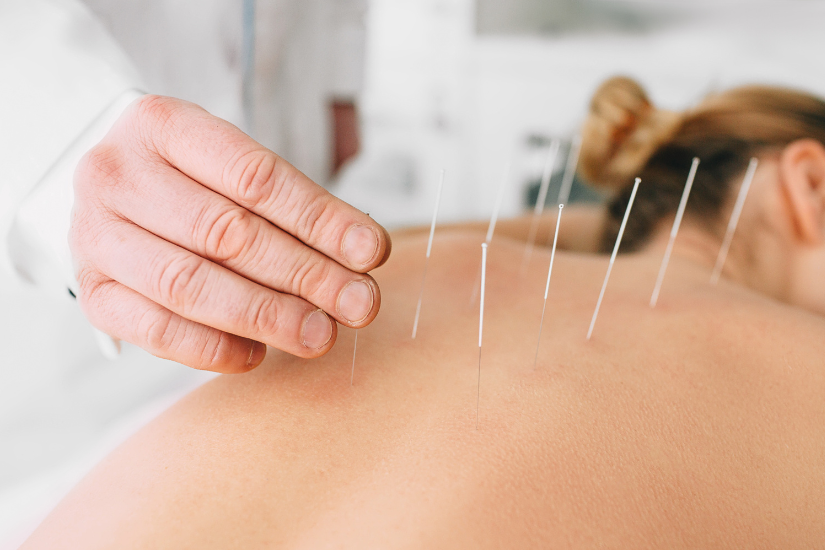
Acupuncture is built on a philosophy which believes that there are 2 opposing and complementary forces that co-exist in nature – Yin and Yang. These two forces interact to regulate the flow of vital energy known as Qi. When a person is in good health, Yin and Yang are in balance, and the flow of Qi is smooth and regular. When the balance between Yin and Yang is disrupted, there are disturbances in Qi that lead to illness and disease. The Chinese believe that Qi flows through a network of channels called meridians which bring Qi from the internal organs to the skin surface. Along these meridians, there are acupuncture points that can be stimulated to correct imbalances and restore the body to normal health.
Scientific Basis and Recognition of Acupuncture
There is a growing body of scientific evidence that supports a neurophysiological explanation for acupuncture. A study involving volunteer medical students that looked into acupuncture’s analgesic effect on experimentally induced pain concluded that humoral factors may mediate acupuncture-induced analgesia. In another study where cerebrospinal fluid from acupuncture-treated rabbits was infused into recipient rabbits, the analgesic effect was subsequently observed in the recipient rabbits. This suggested that acupuncture-induced analgesia may be mediated by substances released in the cerebrospinal fluid. Imaging studies also suggested that in acupuncture-induced analgesia, acupuncture triggers a sequence of events that include the release of neurotransmitters and endogenous opioid-like substances, with specific parts of the brain playing important roles.
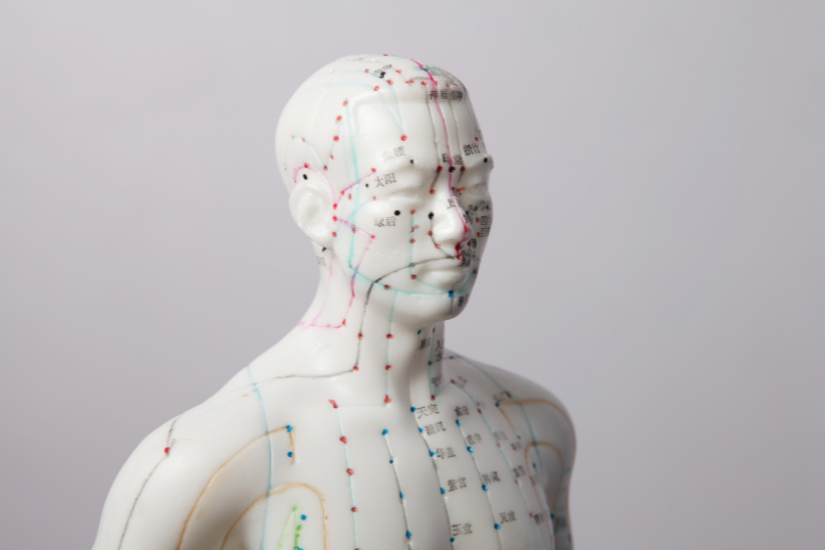
Indeed, based upon the results of well-designed and appropriately controlled clinical trials, the American National Institute of Health issued a statement in 1997 that supported the efficacy of acupuncture for specific conditions such as pain, nausea and vomiting. In 1998, acupuncture became the most popular complementary and alternative medicine modality prescribed by Western physicians. In 2003, WHO (World Health Organisation) declared that conditions for which acupuncture had been proven through controlled trials to be an effective treatment include those relating to Ear Nose and Throat ailments such as allergic rhinitis, pain in the head and neck region, nausea, and vomiting.
Vertigo
Acupuncture has been recognised by WHO to be an effective treatment for vomiting and nausea. It is believed that acupuncture treatment could also be beneficial in treating vomiting and nausea associated with vertigo from vestibular dysfunctions.
Thus, it is perhaps not surprising that acupuncture has been found to be beneficial in the treatment of Meniere’s disease. In this condition (due to an unknown cause), the inner ear absorbs excessive salt and fluid, resulting in a build-up of inner ear pressure. The patient may then experience vertigo, with associated hearing loss, tinnitus and ear blockage.
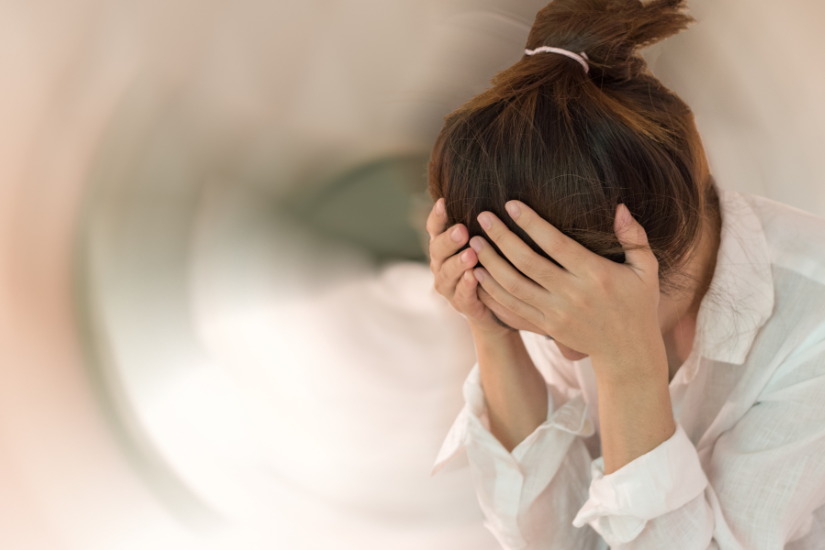
Standard medical treatment, including lifestyle/dietary modifications and diuretics, should be adopted initially. Surgery, such as endolymphatic sac decompression, is also an option, but this runs the risk of causing significant hearing loss. Hence, as part of a prudent East-West management approach in Meniere’s disease, acupuncture treatment could be considered before embarking on risky surgical interventions.
Hearing Loss
Acupuncture has no role in the recovery of long-standing sensorineural hearing loss. Long-standing sensorineural hearing loss is usually a manifestation of the permanent loss of cochlear hair cells where the cells have been irreversibly damaged. However, acupuncture can possibly play a complementary role in treating sudden sensorineural hearing loss of recent onset, where the cochlear hair cells are dysfunctional but still viable. Although administration of steroids (including via injections into the middle ear) has been the standard medical treatment, acupuncture has recently been reported to be beneficial. This is not surprising as acupuncture has been demonstrated to influence inner ear hair cell activities.
Tinnitus
The disturbances arising from tinnitus can be so severe that patients develop suicidal tendencies. Although acupuncture has not been demonstrated to be an efficacious treatment for chronic tinnitus on the evidence of rigorous randomized controlled trials, there are also studies that reported benefit in up to 35% of patients who underwent acupuncture treatment. In a symptom with multiple etiologies, a particular treatment may work for some patients but not for others. In order to distinguish a small group of responders from the whole population, very large sample sizes are required for comparisons to be statistically significant. Acupuncture may well have a role in the sub-group of patients with disturbing tinnitus of recent onset which does not respond to conventional treatments.
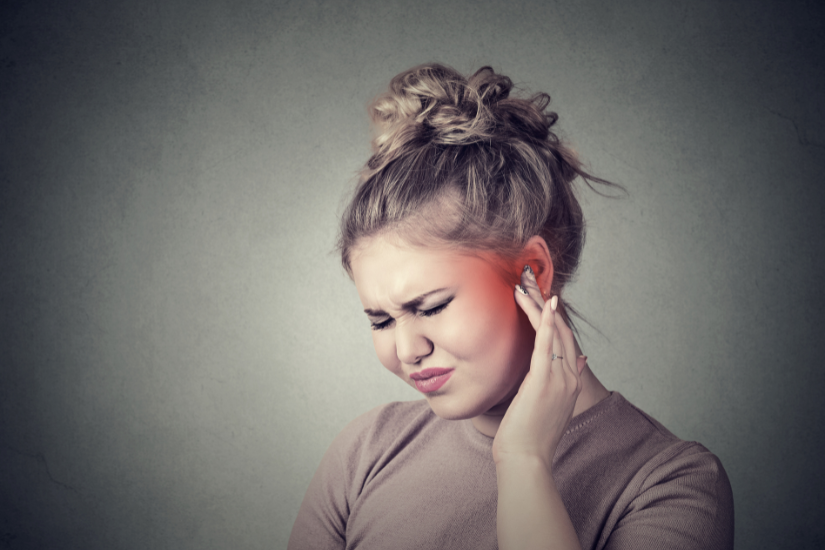
Patients with somatic tinnitus is another sub-group which may possibly benefit from acupuncture. These patients have tinnitus that can be modulated by contractions of certain jaw and head/neck muscles. The physiological relationship between the ear and jaw/facial musculatures has been observed for many years. This is supported by the observation that somatosensory stimulation, with a combination of stretching, posture training and auricular acupuncture, was beneficial for patients with somatically-related tinnitus.
East-West Treatment Models
For certain medical conditions, the ancient art of acupuncture does have a scientific basis to support its claims of being an effective treatment modality – a fact which is endorsed by the WHO. Hence, appropriate East-West models of treatment can be considered to manage these conditions in order to bring about the best possible treatment outcomes. For conditions relating to the ear, acupuncture may possibly have a role in complementing standard medical care for sub-groups of patients with ear pain, vestibular dysfunction, hearing loss and tinnitus.
Article by
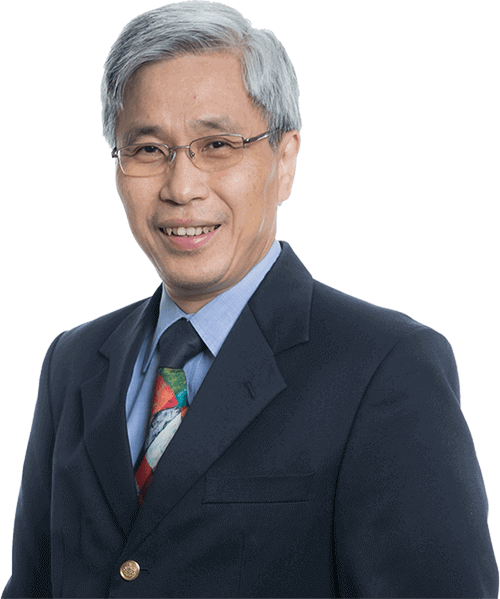
A/Professor Low Wong Kein
Senior Consultant
ENT Surgeon
Novena ENT Head & Neck Surgery Specialist Centre
MBBS (S’pore), PhD (S’pore), FRCS(Glas), FRCS(Edin), DLORCSEng, FAMS (ORL), GradDip (Acupuncture)
Adjunct Associate Professor Low is an Ear, Nose & Throat (ENT) specialist and an Otology/Neuro-otology (ear disorders) sub-specialist. Besides the usual ENT training qualifications, he also has a PhD in ENT and a post-graduate diploma in Acupuncture. A/Prof Low is a highly experienced ENT specialist and an avid researcher in many ENT conditions, he was a nominee for National Outstanding Clinician in the Singapore’s inaugural National Medical Excellence Award in 2008. Formerly Head of Singapore General Hospital’s ENT Department and visiting specialist to KK Women’s & Children’s Hospital, he had held numerous clinical and academic leadership roles. He had also published extensively and was a pioneer in using cochlear implants to treat hearing loss in Singapore.
Novena ENT Head & Neck Surgery Specialist Centre
Mount Elizabeth Novena Medical Centre
38 Irrawaddy Road #04-21/22/34
Singapore 329563
Email: low.wong.kein@novena-ent.com
Tel: +65 6933 0451
Website: www.proflowwongkein.com.sg






